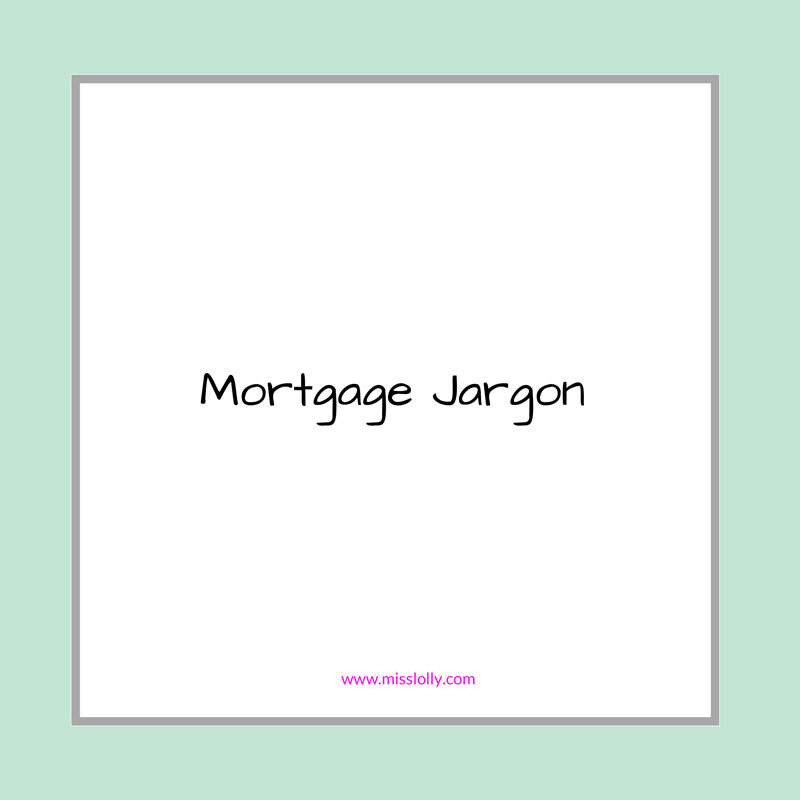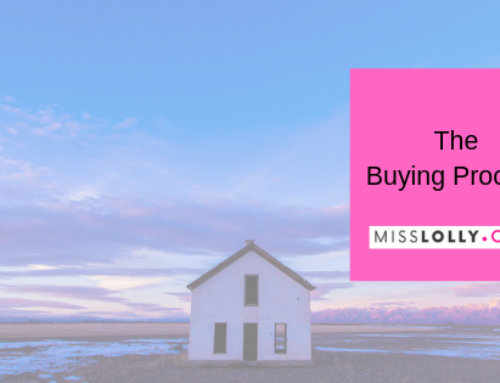When it comes to mortgages there are lots of words that can be confusing. Are you aware what the SVR (standard Variable Rate) is? Or the difference between term and your mortgage end date? When I ask client’s questions on their mortgage often there is a lot of confusion. Here’s what you need to know:
Standard Variable Rate
When you sign up to a mortgage, your deal will often last 1,2 or 5 years. When this deal ends your mortgage will switch to the Standard Variable Rate. Sometimes this is very low but often it is very high. Therefore you could see a hike in the cost of your mortgage overnight as soon as you revert to this rate. The way to avoid this is to put a reminder in your phone three months before your mortgage rate ends. This will remind you to get in touch with a mortgage broker and also to call the current mortgage lender and ask them what deals they are able to offer you.
Fixed Mortgage
This is where your mortgage interest rate if fixed. This means if the Bank of England’s Monetary Policy Committee vote to increase/decrease interest rates your rate will not change. These mortgages offer you the peace of mind that you will always know what you are paying during your mortgage deal.
Variable Mortgage
This is where your mortgage interest rate can change. If interest rates change then your rate will be affected. This would be positive if rates go down but worrying if rates increase. If you are opting for a variable rate mortgage, it is important to stress test your budget planner. What would rates have to increase to for your not to afford your mortgage?
Mortgage Term
This is when your mortgage ends if you are on a repayment mortgage i.e. each month you pay towards paying the capital back. Mortgage terms historically always started at 25 years, but now 30 and 35 years terms are not unheard of. The longer the term, the lower your monthly payments will be, but the more interest you will pay overall.
Product End Date
This is not to be confused with “mortgage term”. This is when your particular deal ends. i.e. if you are starting a 5 year fixed now, your product end date will be November 2021.
Early Repayment Charges
If you pay your mortgage off whilst you are still in your mortgage deal you will often have to pay an early repayment penalty to compensate the lender for the interest payments that they are losing out on. These charges can be fixed i.e. a flat 3% say or staggered i.e. 5% in the first year reducing down to 1% in the last year of the deal. Read your terms and conditions to find out yours. You could find that you can overpay, say by 10%, without paying these charges. Make sure you find out before you do overpay.
I hope that clears up some of the mortgage jargon that you hear being thrown around in discussions. If there is any other mortgage jargon that is getting you in a muddle let me know and I’ll be happy to add it to the list.
Miss Lolly xx





Leave A Comment